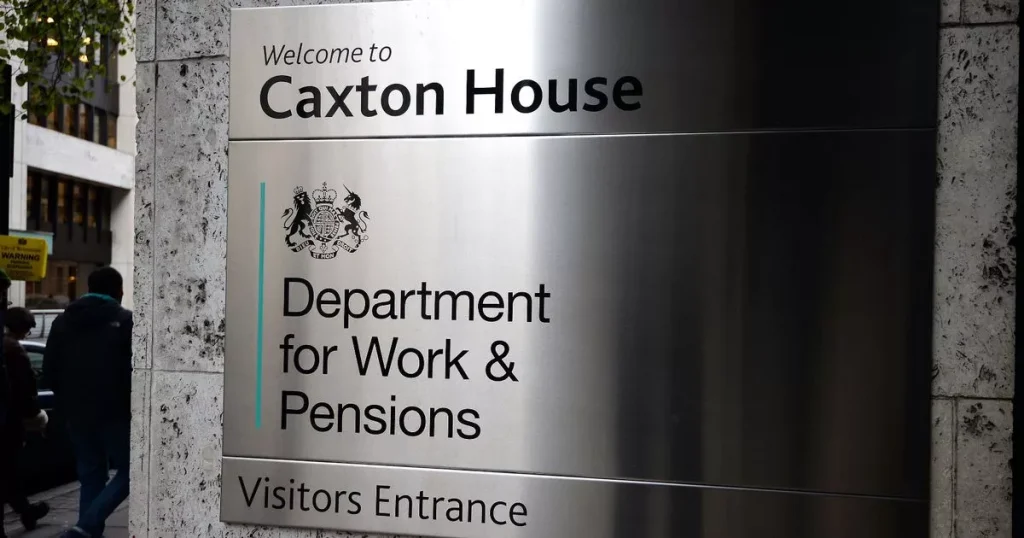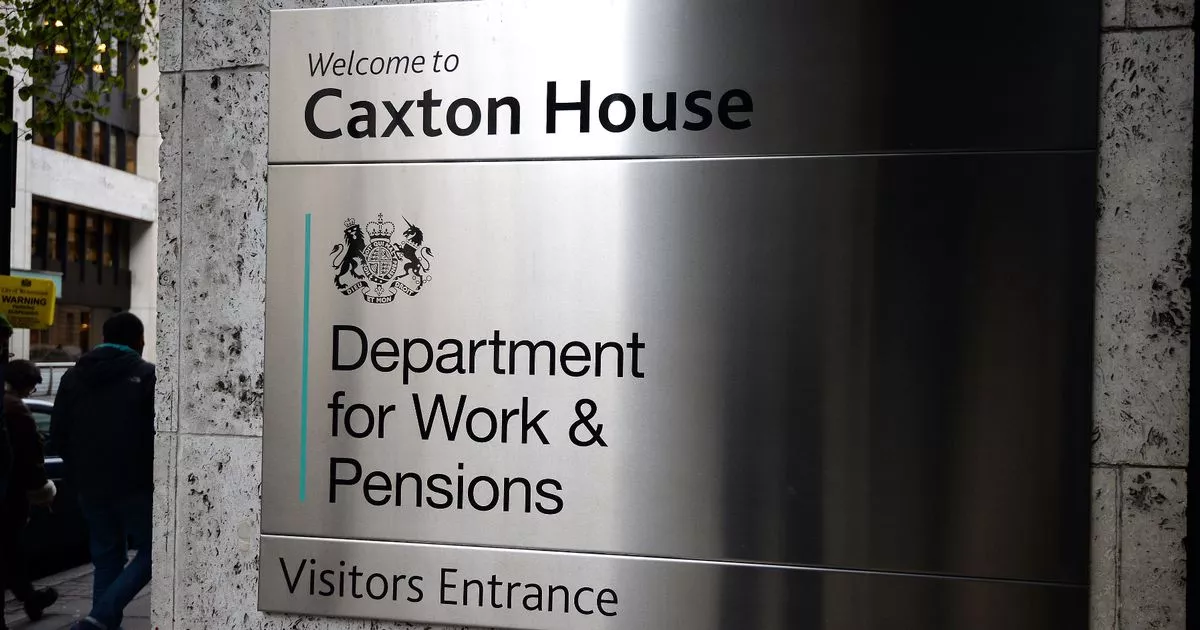A case in the Court of Appeal has found that individuals with pre-settled status can receive Universal Credit where they are facing destitution. The case was between the Secretary of State for Work and Pensions and a Romanian woman who had fled domestic violence and was living in a refuge with her young daughter. The AIRE Centre (Advice on Individual Rights in Europe) intervened on the case.
The woman in the case, referred to as AT, has lived in the UK for the last six years. She and her daughter were granted pre-settled status under the EU Settled Status Scheme but AT was then subject to domestic violence from her partner, which forced her to flee to a women’s refuge.
AT applied for Universal Credit but was refused on the basis that she was assessed as failing the ‘Habitual Residence Test’, as she could not show she had a qualifying right to reside in the UK under immigration law.
The woman appealed the decision on the basis that as someone who faced destitution, she could rely on the ‘human dignity’ provisions contained in the Charter of Fundamental Rights of the European Union. The Department of Work and Pensions had to consider her case in light of these provisions.
The decision of the First Tier Tribunal was upheld by the Upper Tribunal, and the Secretary of State for Work and Pensions then appealed in the Court of Appeal.
The Secretary of State argued that the Charter of Fundamental Rights didn’t apply under the Brexit Withdrawal Agreement, and therefore couldn’t be relied upon. Even if it did apply, they said compliance with the Charter was achieved by the UK ensuring support was available to people with a ‘pre-settled’ immigration status. Finally, they said the threshold for triggering this duty of protection under the Charter was high and hadn’t been reached in this case.
The Court of Appeal unanimously dismissed these arguments.
The Charter applies to rights set out in the Withdrawal Agreement, and it is, therefore, part of domestic law. The Court said that the benchmark for determining a breach of a Charter right should be the approach taken by the Court of Justice of the European Union in the case, CG v Department of Communities for Northern Ireland, namely that without Universal Credit, AT would not be able to live in dignified conditions.
Responding to the DWP’s argument that the overall statutory framework of support was sufficient to meet obligations under the Charter, the Court said that any decision-maker had to focus on the actual support available to AT, rather than the theoretical legal framework.
Finally, the Court rejected the notion that AT was not in a situation of destitution or subject to ‘degrading treatment’.
The judgment means that the DWP is obligated to offer assistance to households who lack the additional protected EU law right to reside and do not have adequate provisions for their basic needs. The Secretary of State’s application for permission to appeal to the Supreme Court was refused, but it will be seen if they renew their application to the UKSC directly.
The Child Poverty Action Group who represented AT have produced helpful guidance to Claimants and advisors about what people who have applications pending or stayed whilst waiting for this judgment can do and how these claims might now be progressed.
Ha-lim Bashir is on secondment to the AIRE Centre from Herbert Smith Freehills.







